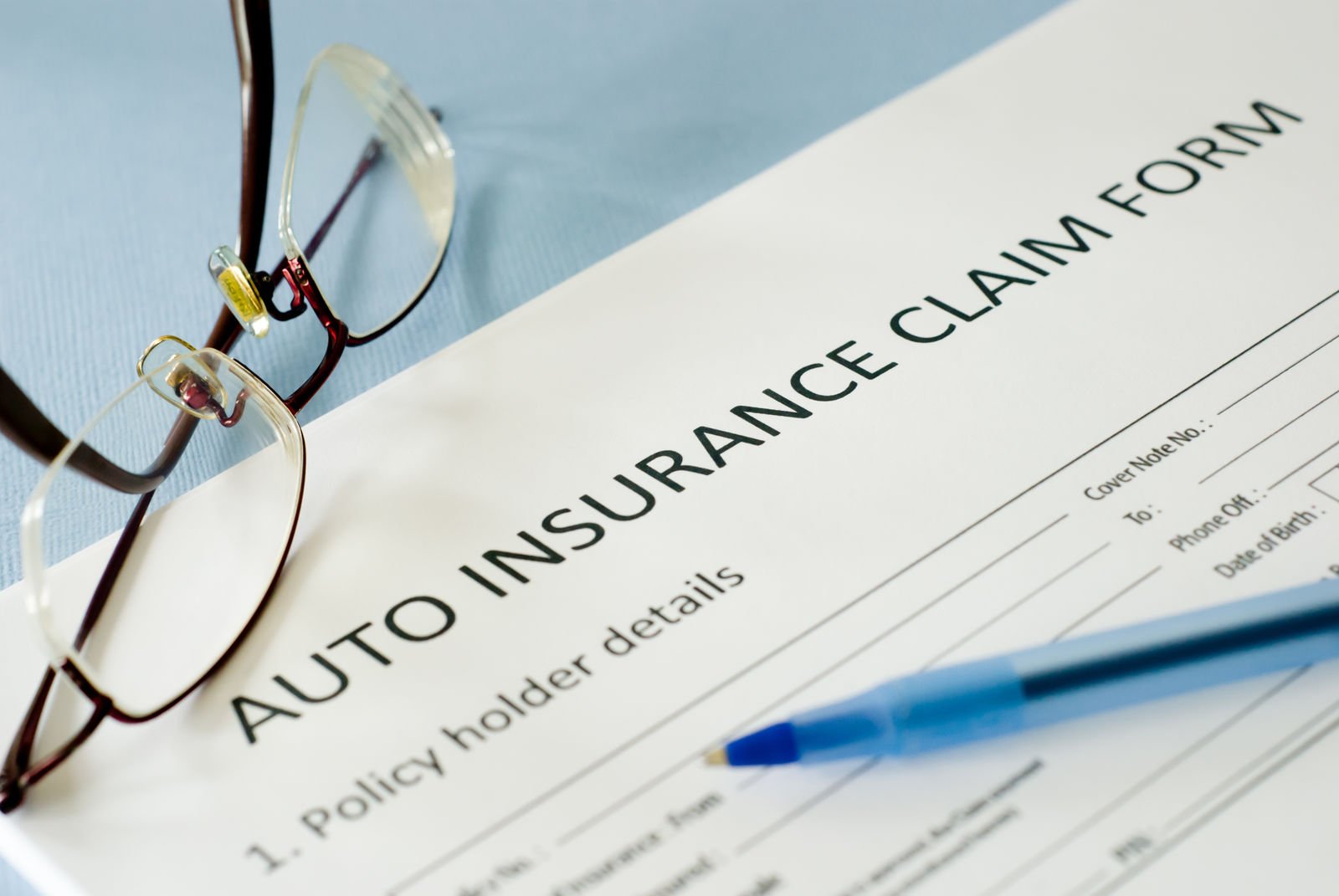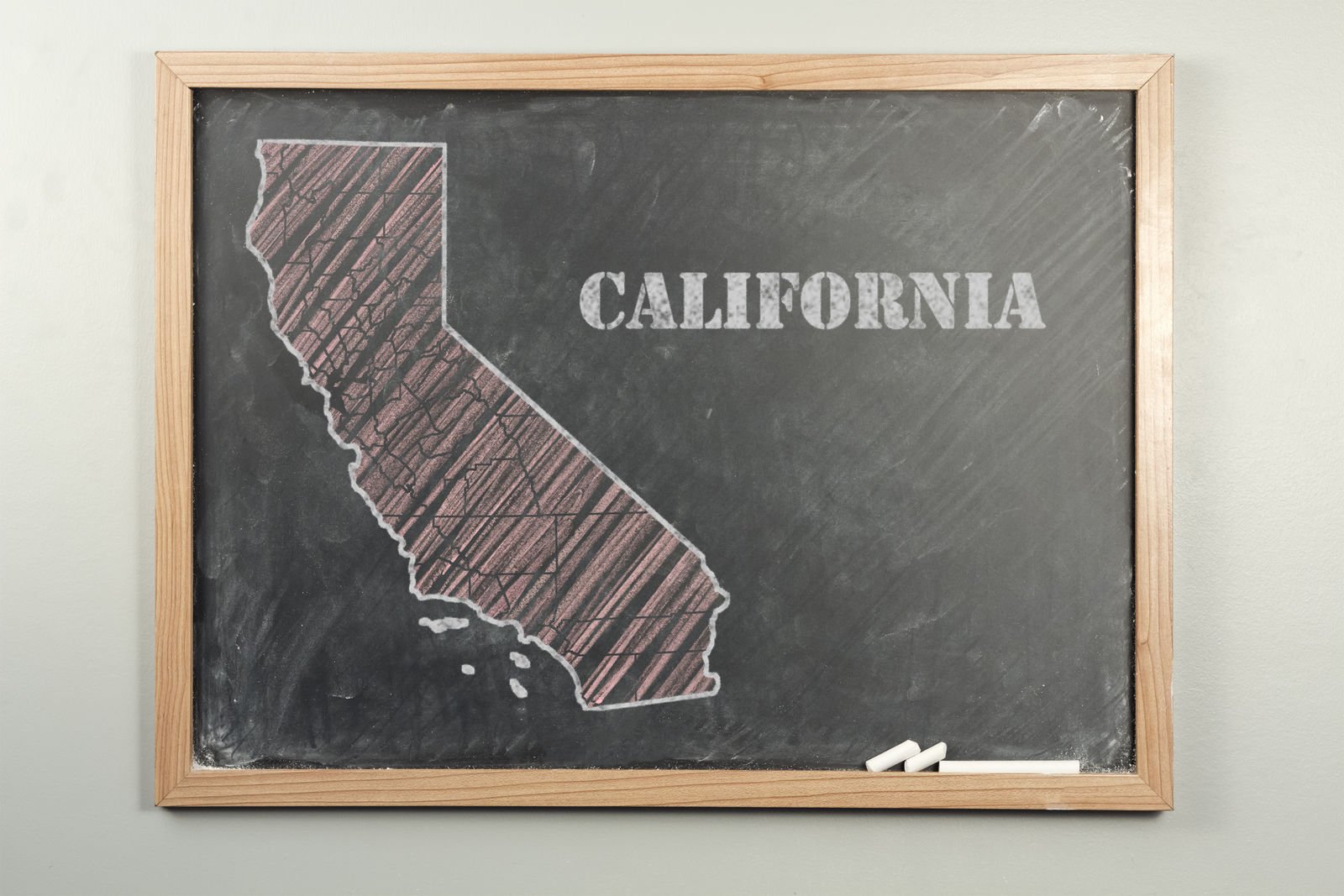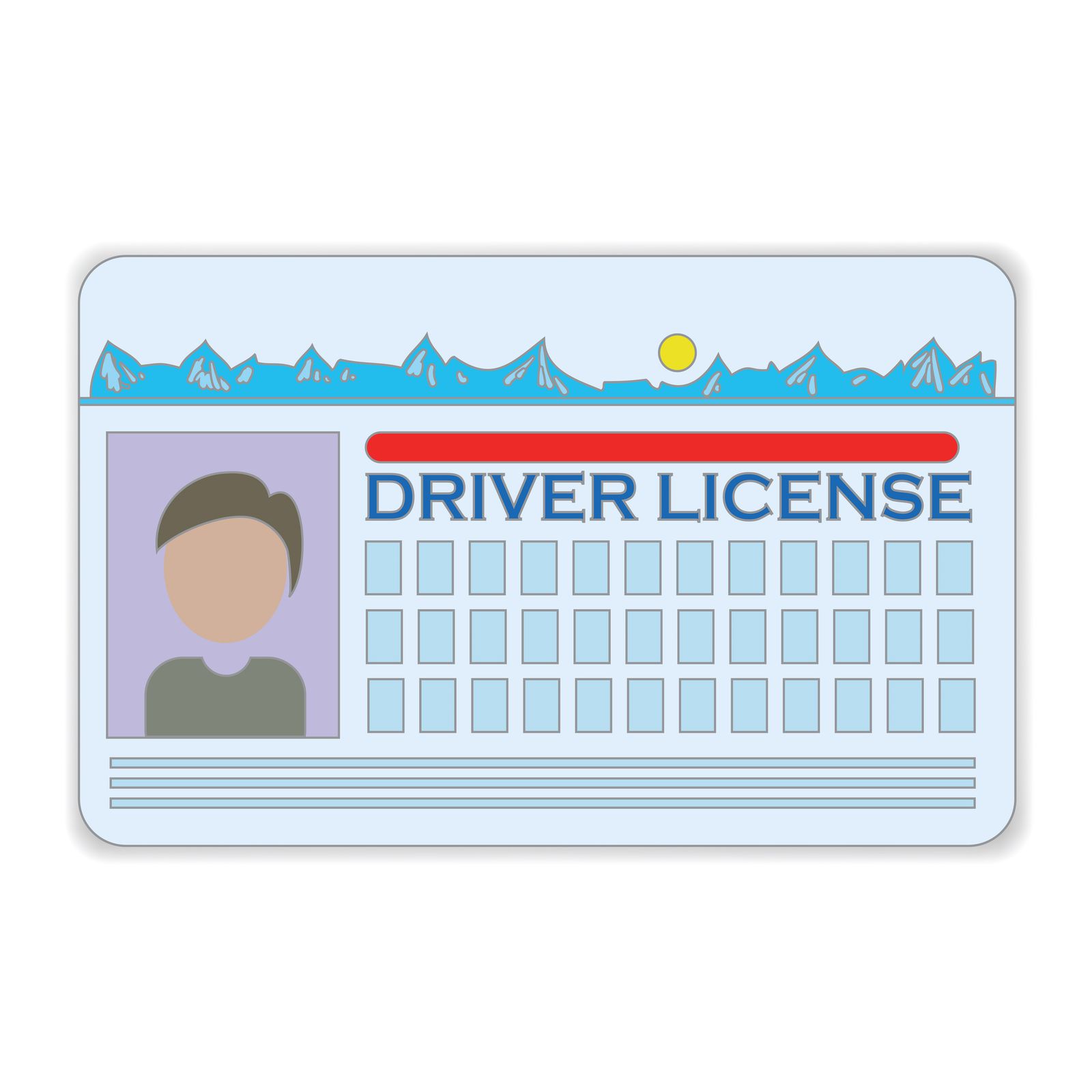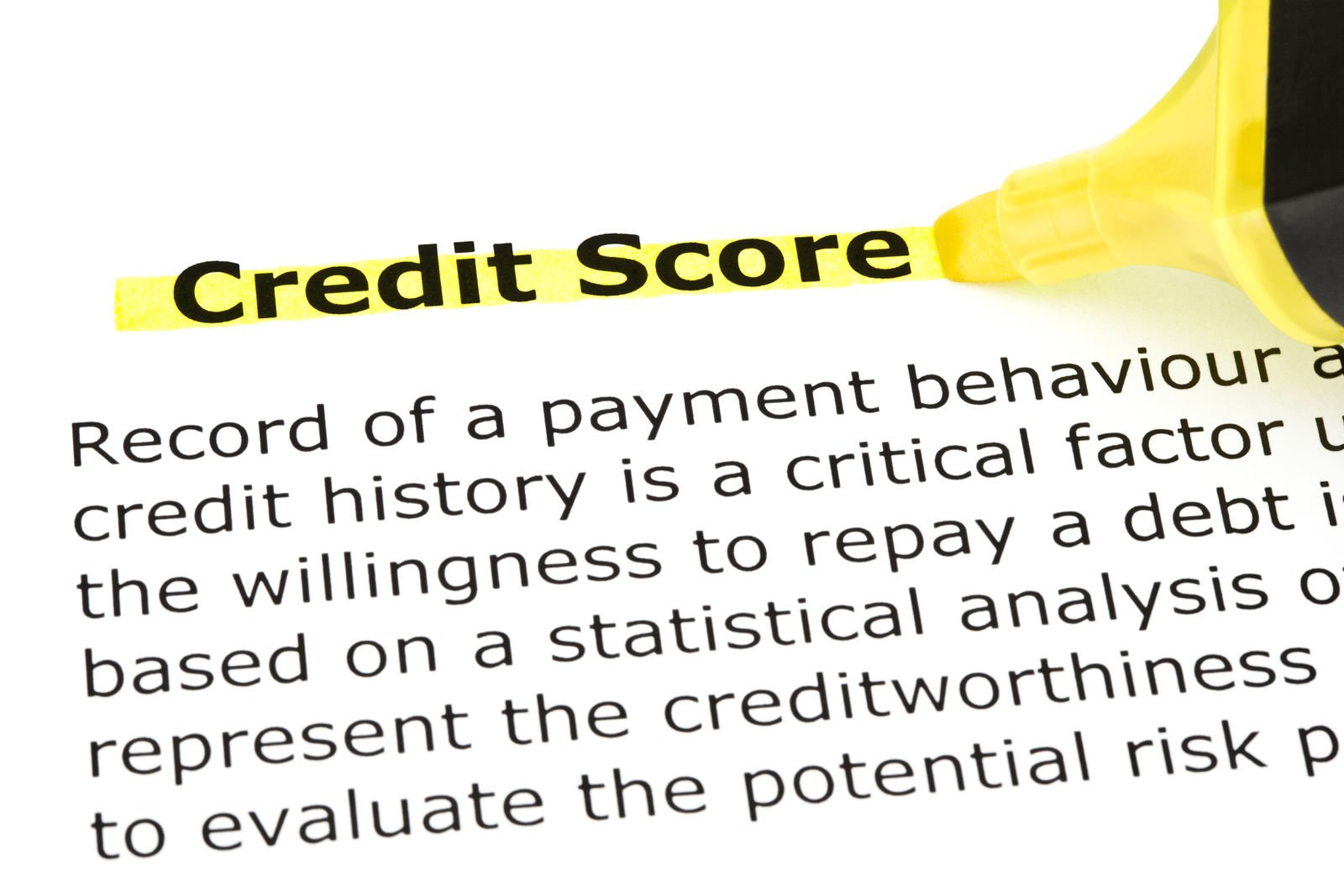How do you file a claim on someone else’s car insurance?
In certain situations, you can file a claim against someone else's insurance to pay for damages to your vehicle. Learn what to do after an accident and how to make sure your damages are covered.
Read more Secured with SHA-256 Encryption





Table of Contents
Table of Contents


Feature Writer
Chris Tepedino is a feature writer that has written extensively about car insurance for numerous websites. He has a college degree in communication from the University of Tennessee and has experience reporting, researching investigative pieces, and crafting detailed, data-driven features. His works have been featured on CB Blog Nation, Healing Law, WIBW Kansas, and Cinncinati.com. He has been a...
Chris Tepedino


Insurance Operations Specialist
Michael earned a degree in Business Management degree with an insurance focus, which led to a successful 25-year career in insurance claims operations and support. He possesses a high-level of business acumen across multiple areas of the insurance industry. Over the course of his career, he served in multiple roles supporting claims operations including: Claims Specialist, Claims Trainer, Claim Au...
Michael Leotta
Updated February 2024
- Filing a claim on another person’s insurance uses their liability coverage
- The process for filing a claim on another party’s insurance is like filing a claim on your own policy
- No-fault and at-fault state standards can complicate how to file a third-party claim on insurance
Several states require drivers to have liability coverage as a part of mandatory insurance minimums. This policy type provides coverage when you’re found at fault for an accident that results in property damage or personal injury. You can file a claim against someone else’s insurance or your own policy, depending on the circumstances of the accident and the tort laws in your state.
With a third-party claim, you can seek compensation for personal injuries or property damages from another driver’s insurance after an accident that isn’t your fault.
How to File a Claim Against Someone Else’s Insurance
Knowing the process for filing a claim will help you know what to do when an accident happens. There’s a lot of information to gather for your car insurance claim while you’re still at the scene of the collision that will speed up the insurance company’s investigation. (For more information, read our “Car Insurance Claim Investigation (Expert Guide)”).
For example, accurate information, documentation, and timely filing can reduce the potential for a denied claim. You can work independently to contact the insurer of the other driver, but you will need the insurance company name and policy number to get the claim started.
Make Direct Contact
While insurance companies have different processes for filing a claim, it starts by contacting the insurer. After an accident, make sure to get the policy number and the name of the driver’s insurance company as soon as possible. You can call to speak with a claim representative over the phone, but you should always follow up with a formal written claim.
Submit Requested Documentation
It’s common for the claim representative to ask several questions and request photos or other documentation. The insurer isn’t going to take your word about the incident and any expenses incurred, so don’t ignore their requests or expect the insurer to do their own research.
While they will investigate the accident, you can help avoid some of the more common reasons for claim denial by providing as much information as possible. It’s important to keep track of all your medical bills, lost wages, police reports, photos, and receipts for expenses related to the claim.
Further, respond only to emails or phone calls made by the claims representative. Never deal with the other driver directly.
Free Insurance Comparison
Compare Quotes From Top Companies and Save
Secured with SHA-256 Encryption
When to File a Third-Party Claim
A third-party claim happens when a non-policyholder files a claim against someone else’s insurance. There are several reasons when this would be appropriate, though there can be exceptions to these situations:
- You’re not at fault for an accident and sustained vehicle damage and bodily injuries.
- You’re a passenger injured in an auto accident.
- You sustained injuries while driving a company vehicle.
- You got into an accident in your personal vehicle while using it for work-related purposes.
In each situation, you can use someone else’s insurance policy to cover any damages or losses you experience.
For example, when another driver hits your car, you can file a claim against their insurer for compensation. You can also file a claim on the driver’s insurance if you’re an injured passenger. Finally, you should file against your employer’s auto insurance policy for work-related accidents in a company or your own personal vehicle.
What to Know About No-Fault Insurance States
Some states require drivers to have auto insurance that provides personal protection regardless of who is at fault. No-fault insurance is a policy that will compensate a policyholder for damages regardless of who is at fault for the accident.
Third-party insurance claims are difficult in these states, given the insurance requirements. In no-fault states, drivers should carry property damage liability and personal injury protection.
When state-wide fault standards exist, third-party claims are often more successful. State law wouldn’t require the injured policyholder to use their own insurance company for initial compensation. If you live in one of these states, your insurance company will pay your claim when the other driver is at fault, then seek compensation from the other insurer.
What to Know About Filing a Claim Against an Uninsured/Underinsured Driver
Even though many states have minimum insurance laws, you may get into an accident with an uninsured or underinsured driver. If another driver causes an accident, but they don’t have insurance, you will probably have to file a claim on your own policy.
Unfortunately, you may not have the necessary coverage to cover the costs. For example, basic liability addresses the damages to another driver but not your personal damages. You will need collision coverage to pay for personal damages after an accident.
Personal Insurance Coverage
For accidents involving people with inadequate coverage, you would either need uninsured and underinsured motorist coverage or collision coverage.
Some states have car insurance coverage requirements that include uninsured and underinsured coverage. Such coverage will help pay for a claim when the other driver doesn’t have insurance. Collision insurance covers damages to your vehicle but won’t help with injury claims.
To file a claim, follow your insurance company’s guidelines. You will contact a representative by phone or electronically to formally file a claim for damages. You will want a copy of the police report, pictures of the incident and damages, and any contact information or insurance information for the other driver involved.
Free Insurance Comparison
Compare Quotes From Top Companies and Save
Secured with SHA-256 Encryption
What You Need to Know to File a Claim Against Someone Else’s Insurance
The process to file a claim against someone else’s insurance is like filing a claim on your own policy. You will want to contact a representative soon after an accident and provide all the information you can to support your claim.
Should the other driver not carry the insurance you need, there are options for filing the claim with your personal insurance policy.
Case Studies: Filing a Claim on Someone Else’s Car Insurance
Case Study 1: John’s Accident
In this case study, we examine the situation involving John, who initiated a claim against the insurance provider of the responsible driver following his involvement in an accident at a red light. As a result of his claim, the insurance company assumed responsibility for covering the costs associated with the necessary repairs to his vehicle, as well as his medical expenses.
Case Study 2: Lisa’s Passenger Injury
The focus of this case study is Lisa, who pursued a claim against the insurance company of the driver involved in a rear-end collision that resulted in her sustaining injuries as a passenger. Lisa’s claim was acknowledged by the insurance provider, which proceeded to provide compensation to cover her medical expenses and offer remuneration for the pain and suffering she endured.
Case Study 3: Mark’s Work-Related Accident
This case study delves into the circumstances surrounding Mark’s work-related accident, where he suffered damages and incurred medical expenses due to an incident involving a company vehicle. Mark took appropriate action by filing a claim against his employer’s auto insurance policy. Mark’s claim validated; compensation received for damages and medical costs.

Frequently Asked Questions
Can I file a claim on someone else’s car insurance?
Yes, under certain circumstances, you can file a claim on someone else’s car insurance policy. However, this typically applies when you are involved in an accident with the insured person’s vehicle or have their permission to file a claim on their behalf.
What information do I need to file a claim on someone else’s car insurance?
To file a claim on someone else’s car insurance, you will generally need the following information:
- The insured person’s full name and contact information
- The policy number and insurance company details
- Detailed information about the incident, including the date, time, location, and a description of what happened
- Any supporting documentation, such as photos, videos, or witness statements
Do I need the insured person’s permission to file a claim on their car insurance?
In most cases, you will need the insured person’s permission to file a claim on their car insurance. If you were involved in an accident with their vehicle, it is important to exchange insurance information at the scene. If you wish to file a claim on their behalf, you should communicate with the insured person and obtain their consent before proceeding.
How do I start the claims process on someone else’s car insurance?
To start the claims process on someone else’s car insurance, follow these general steps:
- Contact the insurance company: Call the insurance company listed on the policy and inform them that you need to file a claim on someone else’s behalf.
- Provide necessary information: Be prepared to provide the insurance company with all the relevant details about the incident, as well as the insured person’s policy information.
- Cooperate with the insurance company: Follow the instructions given by the insurance company regarding the claims process, such as providing any additional documentation or statements they may require.
- Maintain communication: Keep open lines of communication with the insurance company throughout the claims process to ensure a smooth resolution.
What if the insurance company denies my claim on someone else’s car insurance?
If the insurance company denies your claim on someone else’s car insurance, you may need to consult with an attorney or seek legal advice. Insurance policies can vary, and it is important to understand the specific terms and conditions outlined in the policy. An attorney can guide you on your legal options and help determine if any further action can be taken.
Get a FREE Quote in Minutes
Insurance rates change constantly — we help you stay ahead by making it easy to compare top options and save.







